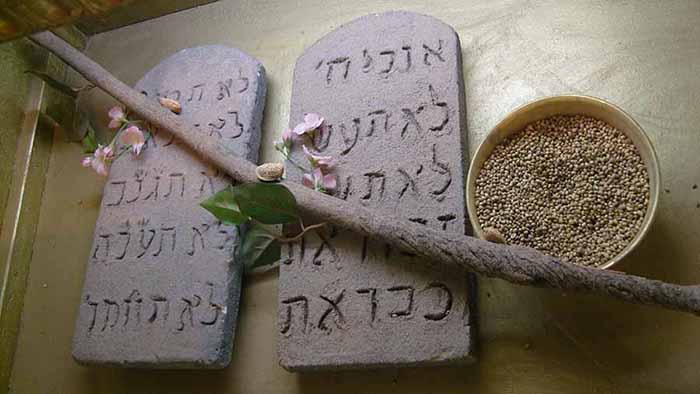

Helios is described even in the Homeric poems as the god who sees and hears every thing, but, notwithstanding this, he is unaware of the fact that the companions of Odysseus robbed his oxen, until he was informed of it by Lampetia. 8 The horses and chariot with which Helios makes his daily career are not mentioned in the Iliad and Odyssey, but first occur in the Homeric hymn on Helios, 9 and both are described minutely by later poets. 7 Others represent him as making his nightly voyage while slumbering in a golden bed. This golden boat is the work of Hephaestus. 6 The manner in which Helios during the night passes from the western into the eastern ocean is not mentioned either by Homer or Hesiod, but later poets make him sail in a golden boat round one-half of the earth, and thus arrive in the east at the point from which he has to rise again. The points at which Helios rises and descends into the ocean are of course different at the different seasons of the year and the extreme points in the north and south, between which the rising and setting take place, are the τροπαὶ ἠελίοιο ( tropai ēelioio). Later poets have marvelously embellished this simple notion: they tell of a most magnificent palace of Helios in the east, containing a throne occupied by the god, and surrounded by personifications of the different divisions of time 4 and while Homer speaks only of the gates of Helios in the west, later writers assign to him a second palace in the west, and describe his horses as feeding upon herbs growing in the islands of the blessed. Homer describes Helios as giving light both to gods and men: he rises in the east from Oceanus, though not from the river, but from some lake or bog ( λίμνη, limnē) formed by Oceanus, rises up into heaven, where he reaches the highest point at noon time, and then he descends, arriving in the evening in the darkness of the west, and in Oceanus. 2 In the Homeric hymn on Helios, he is called a son of Hyperion and Euryphaessa. 1 From his father, he is frequently called Hyperionides, or Hyperion, the latter of which is an abridged form of the patronymic, Hyperionion. He is described as the son of Hyperion and Theia, and as a brother of Selene and Eos. It would take much cajoling from other gods afterwards to have Helios remount his chariot.That is, the sun, or the god of the sun. Zeus was forced to intervene to stop the devastation that was being caused by the son of Helios, and Phaethon was killed by a thunderbolt. Flying too close to the ground, the earth became scorched, and flying too high caused other parts of the world to freeze. Helios saw the folly in such a request, but could not get Phaethon to change his mind, but with Phaethon is charge, the chariot veered wildly across the sky. Phaethon though, asked to be allowed to guide Helios’ chariot for one day. Thus Phaethon visited Helios to seek confirmation Helios would rashly promise Phaethon whatever he desired, swearing an unbreakable oath to do so. When grown up Phaethonwould seek assurances that he was indeed the son of Helios, and not even the words of his mother would reassure him. Arguably the most famous child of Helios though, was born to the Oceanid Clymene, for Clymene bore Helios a son named Phaethon. Helios though tried gentle persuasion, and by causing the traveller to get warmer, the traveller willing removed his clothing. Both gods sought to get a passing traveller to remove his clothing, Boreas sought to do so by might, and the wind god blew and blew, but this simply caused the traveller to wrap his clothing more tightly around him. To mediate, Briareus, a Hecatonchire, was brought in to reach a decision thus, Briareus declared that the Isthmus of Cornith would be sacred to Poseidon, and the Acrocorinth, the acropolis of Corinth would be Helios’.įamously, Helios is also appears in Aesop’s Fables, where the Greek sun god competes with Boreas, the Greek god of the North Wind. Helios though was also a competitive god, as indeed where most deities of the Greek pantheon, with two tales are told of his competition with other gods.įirstly, there was a time when Helios and Poseidon competed for the sacrifices of Corinth, and so fierce was this competition that violence was expected.


 0 kommentar(er)
0 kommentar(er)
